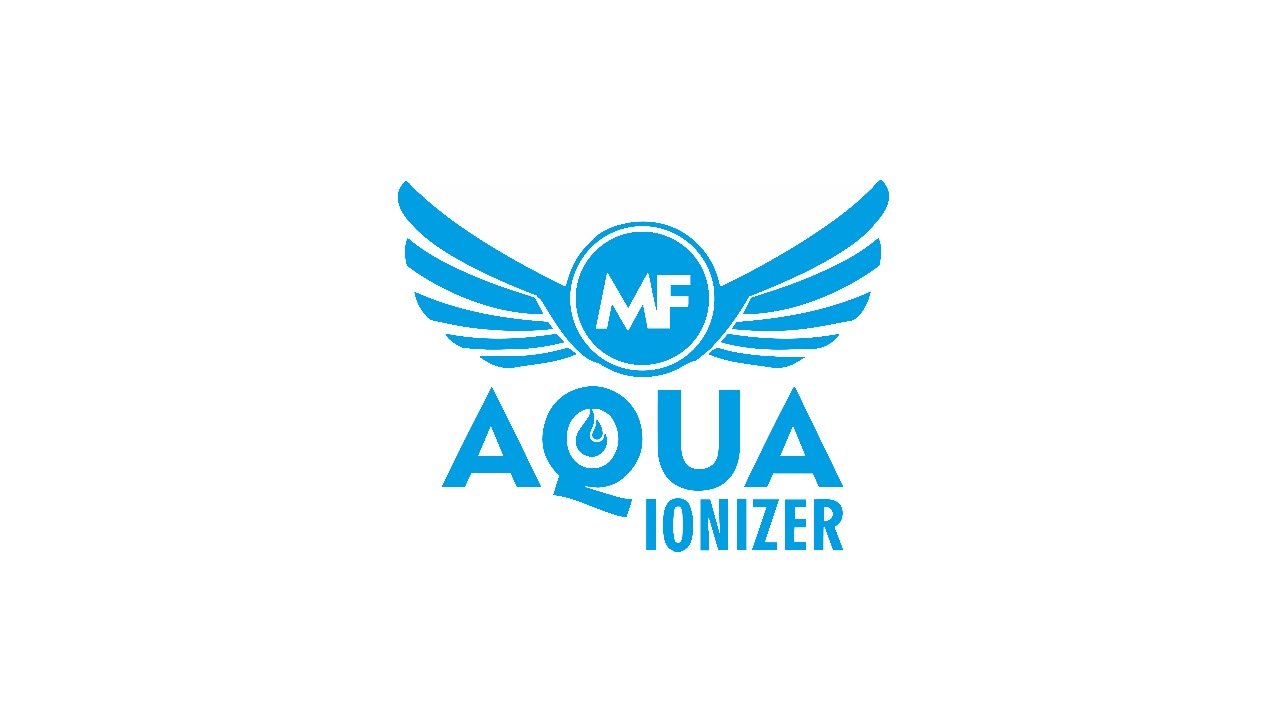Water is the elixir of life, yet the quality of water we consume has a profound impact on our health and well-being. With growing awareness of water contamination and health risks associated with impure water, there is an increasing demand for advanced water purification systems. One such system that has gained significant traction is the alkaline water purifier. Known for its ability to not only purify water but also raise its pH level, alkaline water purifiers are rapidly becoming a preferred choice for health-conscious individuals. But what sets them apart from regular purifiers, and why should you consider having one in your home?

This guide delves into the science, technology, and health benefits behind alkaline water purifiers, helping you understand why they might be the perfect addition to your home for a healthier lifestyle.
1. Understanding Alkaline Water: What Is It?
Before diving into the specifics of alkaline water purifiers, it’s essential to understand what alkaline water is. The concept of alkalinity relates to the pH scale, which measures the acidity or alkalinity of a substance. Acidic substances have a pH below 7, while alkaline substances have a pH above 7.
Regular tap water typically has a pH around 7, which is neutral. Alkaline water, however, has a pH ranging from 8 to 9, making it more basic than regular water. This increased alkalinity is believed to offer several health benefits, particularly when it comes to neutralizing acids in the body.
2. How Alkaline Water Purifiers Work
An alkaline water purifier is a specialized filtration system that not only removes impurities from the water but also increases its pH level. Here’s a closer look at how these purifiers function:
- Filtration Process: The primary function of any water purifier is to remove contaminants such as chlorine, heavy metals (lead, mercury), bacteria, viruses, pesticides, and other harmful substances that may be present in tap water. Alkaline water purifiers often use multi-stage filtration, which includes pre-filters, activated carbon filters, and reverse osmosis membranes to ensure the water is free of impurities.
- Ionization: This is where the alkaline water purifier stands out. After the filtration process, the water passes through an electrolysis chamber where the pH level is raised. This process involves splitting the water molecules into hydrogen (acidic) and hydroxide (alkaline) ions. The result is water that is richer in hydroxide ions, which makes it more alkaline.
- Mineral Enhancement: After raising the pH, many alkaline water purifiers add beneficial minerals like calcium, magnesium, potassium, and other electrolytes to the water. These minerals not only improve the water’s taste but also contribute to various health benefits.
- Balancing the pH: The pH level is adjusted to a range between 8 and 9, making the water alkaline. Drinking water at this pH is believed to help balance the body’s pH, which is often disrupted by modern diets that include processed foods, caffeine, and alcohol—all of which tend to increase acidity in the body.

3. Health Benefits of Alkaline Water
Alkaline water purifiers provide more than simply clean water; they promise a variety of health benefits associated with drinking water with a higher pH level. The following are some of the most widely cited health benefits of drinking alkaline water:
a. Improved Hydration.
Alkaline water is said to hydrate the body better than ordinary water. This is because alkaline water has smaller water molecule clusters, which make it easier for the body to absorb. Better hydration allows your body to function efficiently, boosting energy levels, skin moisture, and overall vitality.
B. Detoxification
One of the key advantages of consuming alkaline water is its capacity to help eliminate toxins from the body. By neutralizing the acids. It improves kidney function, helping the body to clear toxic compounds more effectively. This detoxification process can provide several benefits, such as improved digestion, skin health, and immune function.
c. Antioxidant properties.
Alkaline water has a lot of antioxidants, which assist the body fight off free radicals. Free radicals are unstable chemicals that can harm cells, accelerate the aging process, and contribute to the development of chronic diseases such as cancer and heart disease. Drinking alkaline water can help minimize oxidative stress and improve cellular health.
d. Acid Reflux Relief.
Alkaline water may help those with acid reflux or GERD. Studies have revealed that alkaline water with a pH of 8.8 can help deactivate pepsin, which the enzyme responsible for acid reflux. This makes it a natural and relaxing solution for reducing stomach acid.
e. Improved bone health.
According to certain research, alkaline water may improve bone health. The notion is that by lowering the body’s acid load, alkaline water can prevent calcium from being leached from bones to counteract excess acidity. This, in turn, may promote higher bone density and lower the risk of disorders such as osteoporosis.
f. Weight loss and metabolism.
While the research is still in its early stages, some experts feel that alkaline water can enhance metabolism and aid in weight loss. Alkaline water may help the body burn fat by increasing hydration and maintaining an ideal pH balance.
4. Alkaline vs. regular water purifiers.
While both alkaline and normal water purifiers strive to offer clean, contaminant-free water, there are some major features that distinguish alkaline purifiers:
- pH Balance: Regular water purifiers remove pollutants from the water without changing its pH. Alkaline water purifiers, on the other hand, improve the water by increasing its pH and making it more alkaline, which is thought to have extra health benefits.
- Mineral Content: Alkaline purifiers frequently replenish vital minerals such as calcium and magnesium, which are sometimes lost during the filtration process. This mineral-rich water is not only healthier, but also tastes better.
- Technology: Alkaline water purifiers use modern technologies like as electrolysis to ionize and raise the pH of the water, whereas ordinary purifiers may only use filtering methods such as reverse osmosis (RO) or UV treatment.
- Health Impact: While both types of purifiers provide safe drinking water, alkaline water purifiers are thought to have more comprehensive health advantages, ranging from increased hydration to antioxidant properties.
5. Choosing the Best Alkaline Water Purifier: Key Considerations
If you’re thinking about purchasing an alkaline water purifier, here are some important aspects to consider to guarantee you get the best model for your home:
a. pH Range
Look for a purifier with a pH range of 7.5–9.5. Anything less than 7.5 will not offer the alkalinity required for health benefits, and anything more may alter the flavor of the water.
b. Filtration System
Determine whether the purifier has a multi-stage filtration mechanism that removes dangerous impurities. A good alkaline purifier should remove chlorine, lead, bacteria, viruses, and other pollutants while yet retaining critical minerals.
c. Mineral Addition
Not all purifiers restore minerals to the water after filtration. Choose one that contains these minerals, as they are necessary for raising the alkalinity of the water and reaping health benefits.
d. Technology
Some alkaline purifiers come with dual technologies like reverse osmosis (RO) and ionization to ensure comprehensive water purification. The technology used in the model you choose should meet your needs for clean, safe, and alkaline water.
e. Ease of Maintenance
Regular maintenance is crucial for keeping your purifier in optimal working condition. It is best to choose a model that has easily replaceable filters and is easy to clean.
f. Certifications
Ensure your purifier is certified by trusted organizations like NSF International or WQA (Water Quality Association). By obtaining these certifications, you can be confident that the purifier meets high standards for water quality and safety.
6. Are there any downsides to alkaline water?
While alkaline water purifiers have many benefits, it is important to note that there may be some side effects or risks associated with drinking water that is too alkaline:
a. Changes in stomach acid:
Sometimes drinking alkaline water can interfere with your natural stomach acid, which can interfere with your ability to eat and absorb nutrients
b. Hyper-alkalinity:
Prolonged consumption of excessively alkaline water can lead to a condition called alkalinity, which can cause symptoms such as nausea, vomiting, muscle spasms and confusion
c. Price:
Alkaline water purifiers can be more expensive than regular purifiers due to the use of advanced technologies including ionization and mineral enhancement
For most people, the benefits of drinking alkaline water outweigh the risks, especially when consumed in moderate amounts and at a safe pH.
7. Final thoughts: Is alkaline water purification worth the investment?
Alkaline water purifiers aren’t just another gadget in your kitchen—they’re an investment in your health and wellness. The combination of pure water and a high pH can have tremendous benefits, from increased hydration to increased detoxification and even the ability to improve bone health
As we learn more about the effects of pH balance on our bodies, the demand for alkaline water purifiers increases. With acid-neutralizing properties, excellent digestion, and essential minerals, these detergents are a staple in households around the world If you make them with water alkaline cleanse, you can improve your overall health, increase your hydration, or you can just have a nice hydration.


